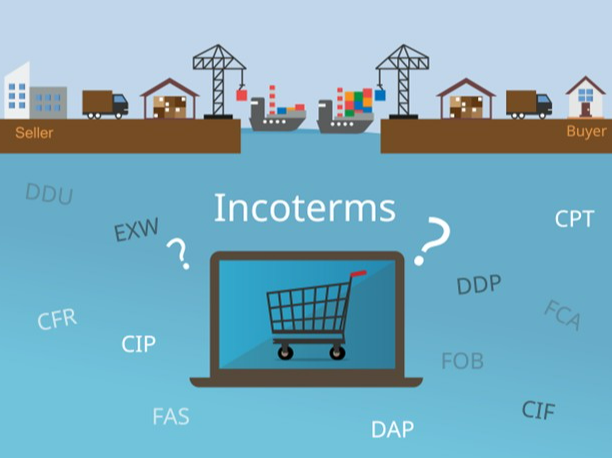
In international trade, exporters face a complex landscape of logistics, documentation, and risk management. To navigate this effectively, businesses rely on Incoterms—a set of standardized rules published by the International Chamber of Commerce (ICC). These terms define the responsibilities of sellers and buyers in cross-border transactions, ensuring clarity and minimizing disputes.
Incoterms (International Commercial Terms) are globally recognized contractual terms that specify:
- Who arranges and pays for transport
- Who manages export duties and documentation
- Where the transfer of risk occurs between seller and buyer
For exporters, Incoterms provide several strategic advantages:
- A clear division of responsibilities with buyers
- Reduced liability and risk exposure
- Improved logistics planning
- Stronger compliance with international regulations
By selecting the right Incoterm, exporters can control costs, manage risks, and streamline operations.
Key Incoterms for Exporters (Incoterms 2020)
1. EXW (Ex Works)
- Seller’s minimum obligation: goods are made available at the seller’s premises.
- The buyer arranges all transport and export formalities.
- Ideal for exporters seeking minimal involvement in logistics.
2. FCA (Free Carrier)
- The seller delivers goods to a carrier or location nominated by the buyer.
- Export clearance is the seller’s responsibility.
- Suitable for multimodal transport and flexible logistics.
3. FOB (Free on Board)
- The seller loads goods onto the buyer’s vessel at the port of origin.
- Risk transfers once goods are on board.
- Common in sea freight and gives exporters control up to the port of loading.
4. CFR (Cost and Freight)
- The seller pays for transport to the destination port.
- Risk transfers once goods are loaded on the vessel.
- Exporters manage shipping costs but not insurance.
5. CIF (Cost, Insurance, and Freight)
- The seller pays for transport and insurance to the destination port.
- Risk transfers at the port of shipment.
- Provides buyers peace of mind while allowing exporters to retain control over logistics.
Best Practices for Exporters Using Incoterms
- Specify the Incoterm clearly in contracts (e.g., FOB Mombasa – Incoterms 2020).
- Always use the latest version; Incoterms 2020 is the current global standard.
- Coordinate with freight forwarders and customs agents to ensure compliance.
- Train export staff on the implications of each Incoterm.
- Align Incoterms with your export strategy—whether you seek full control or minimal involvement.
“For exporters, Incoterms are more than legal jargon—they are strategic tools for structuring international transactions. By applying the right terms, exporters can define responsibilities, manage risks, and strengthen relationships with global buyers. Whether shipping machinery, agricultural products, or consumer goods, mastering Incoterms is essential for success in global trade.”
